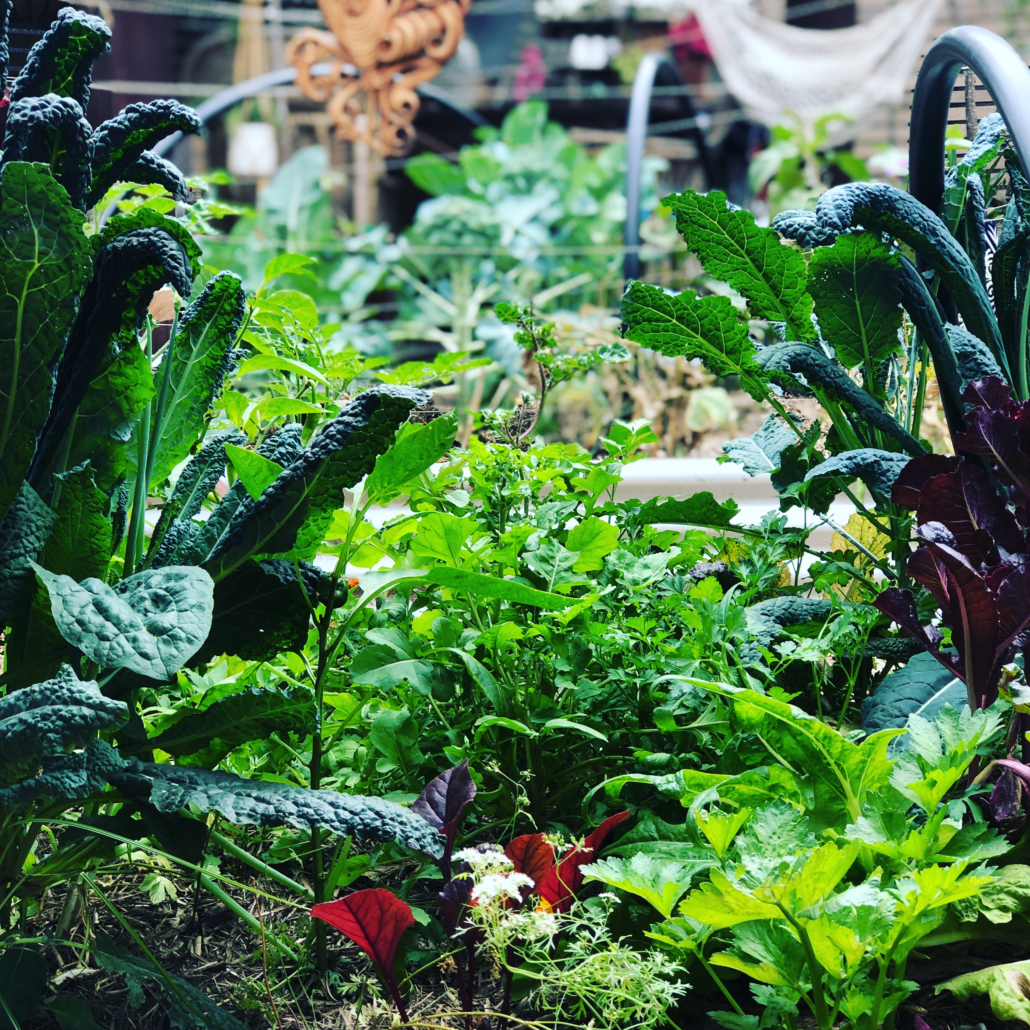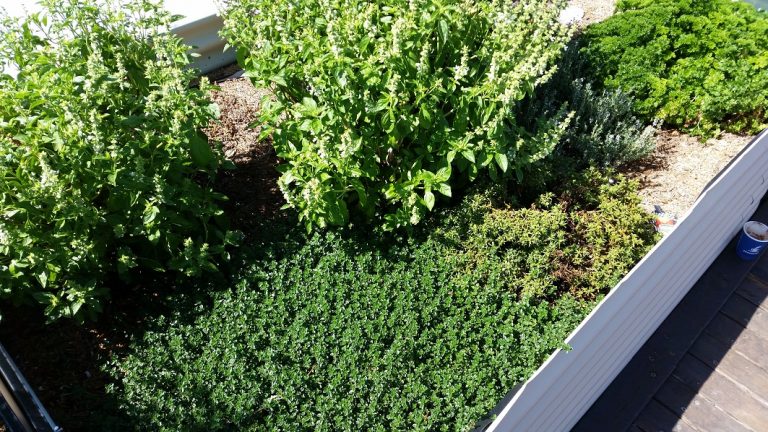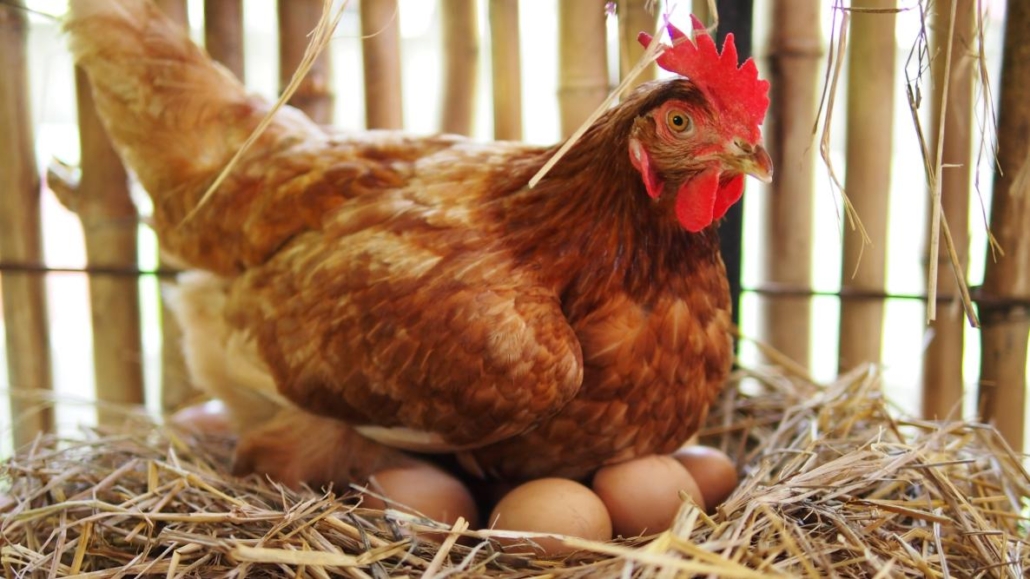Chickens and Plants in Harmony: A Guide to Garden Coexistence
0 Comments/in Blog/by Dominique RizzoChickens and plants can live together happily in your garden. When done right, chickens and plants can help each other. By adding chickens to your garden correctly, it can make the soil healthier. Chickens can also reduce bugs and diseases that hurt plants. You may get a bigger harvest of vegetables too.
In this blog post, we will talk about the good things chickens do in the garden. We will also provide a guide for chickens and plants living peacefully together.
Chickens can cause problems for plants if not taken care of properly. But the environmentally friendly gardening with chickens method discussed here balances chickens and plants. By carefully planning your chicken area layout and choosing the right chicken breeds, you can enjoy gardening with chickens. You can also protect your vegetables and flowers. With some easy steps and plant choices good for chickens, you can create a lasting gardening together system.


Planning Your Garden Layout for Chickens and Plants
When setting up your garden space, think about separating where chickens go from where plants grow. It’s best to have one area for chickens to freely run that’s away from main veggie beds. This keeps plants safe while letting chickens roam freely.
In the chicken area, plant things they like to eat like clover grass. Put up a fence here chickens can’t escape from, but you can easily get through. Movable fences work well.
For vegetable beds, use fences buried underground or raised beds. This stops chickens from scratching or digging. Leave empty space around beds planted with shrubs and flowers chickens ignore.
You can also use moving chicken houses called “chicken tractors.” Place them in parts of the yard each day. This expands chicken space while crops get time to regrow before chickens return.
With a thought-out plan, you can take care of chickens and plants together in your garden peacefully.
Choosing Chicken Breeds That Won’t Damage Your Plants
Not all chickens are suitable for freely roaming gardens. Gentler breeds that don’t scratch and peck as much are best. Good options are French Copper Marans, Sicilian Buttercups, and Welsummers. They tend to be calmer chickens.
Avoid aggressive breeds like Americans that often dig and scratch a lot. Store-bought hybrids may also be hard to keep away from plants.
For your garden, choose calm breeds that like eating plants, not digging them up. Watch the young chicks to pick ones less likely to cause trouble later. Choosing the right types helps protect your plants from damage.

Creating Chicken-Friendly Zones in Your Garden
Designate part of your garden as a chicken grazing area filled with deliberate plantings appealing to chickens’ taste. Include chicken-friendly plants like:
- Clovers (provides protein and minerals)
- Grasses
- Dandelions
- Blackberries and raspberries (high in vitamins)
- Vegetative prunings from the garden
Pile fallen leaves, chopped brush, or unwanted weeds in these zones for natural scratching and foraging material. Chickens will be more contained when they have ready access to a diverse, interesting environment in your garden.
How to Protect Your Plants from Chicken Damage
A few simple precautions go a long way in shielding valuable plants from chicken interference:
- Fence off seedlings, small vegetable beds, and herbs with netting buried deep. This prevents scratching.
- Cover young plants with old pantyhose or stockings to stop pecking.
- Wrap spirals of fencing around tree bark to stop scratching.
- Put objects like hot sauce or float vales that chickens learn to avoid around fragile plants.
- Use natural scents like fox urine to keep chickens away from areas.
- Cover garden beds with mulch-like wood chips or straw. Chickens don’t like scratching this.
- With barriers and distractions, you can allow chickens free range without damage. Guiding their behavior is key to a peaceful garden.
Using Chicken Manure as Fertilizer for Your Garden
Don’t think of chicken poop as a chore – it’s great natural fertilizer! Fresh poop is too strong and can burn plants.
It’s best to collect poop from coops regularly. Then compost it for 3-6 months to mellow it out before using.
Spread the aged poop around plants and mix it into the top few inches of soil. This boosts nutrients like nitrogen, phosphorus, and potassium.
One chicken makes enough fertilizer each year for 25 square feet of garden space. With careful handling, poop is a wonderful natural way to help soil.
Companion Planting with Chickens: Maximizing Plant Health and Yield
The practice of companion planting with chickens leverages poultry’s natural behavior to support plant growth. Chickens scratching and pecking in garden beds can be redirected from damaging crops to boosting them through strategic plant combinations.
Some beneficial pairings include:
- Interspersing chicken-friendly plants like Dutch white clover among vegetables. Chickens will forage the clover, aerating the soil and leaving behind natural fertilizer to benefit veggies.
- They are planting aromatic herbs disliked by pests near susceptible crops. As chickens disturb the soil, released herb scents will naturally repel detrimental bugs.
- Growing legumes fixing nitrogen in the soil. This nourishes plants while fulfilling chickens’ pecking instinct, improving soil fertility.
Through deliberate companion planting, you can allow chickens to help manage pests, cycle nutrients and cultivate healthy soil – maximizing garden yield with poultry presence. It’s a win-win form of integrated pest management.

Incorporating Chicken Tractors into Your Garden Design
Chicken tractors can help gardens with less space or wanting to move chickens around. These portable coops on wheels let you fence chickens in different yard areas safely.
To use tractors, divide your garden with fences into sections. Move the coops each day to fresh spots. This mimics how chickens naturally browse while giving grazed plants time to regrow for the next day.
Look for sturdy tractors made for your flock size that are easy to push around. Add nests, perches automatic feeders, and water inside. The top should stop chickens from flying away but let you reach eggs.
With tractors, you fully control chickens’ garden impact. Moving them prevents over-browsing. But chickens still enrich the soil by pecking within your place in a balanced way.
Harvesting Eggs and Vegetables from Your Chicken-Enhanced Garden
The reward of your integrated garden effort is fresh eggs and produce! With diligent plant choices, your chicken-enhanced garden allows dual feeding chickens with garden produce and harvesting from chicken efforts.
Collect eggs regularly, being careful not to disturb setting hens. Store in the coolest part of your kitchen for 2-4 weeks of freshness.
Some crops chickens aid include:
- Pest-resistant varieties grown among foraging areas benefit from pest control
- Bugs and slugs are drawn to clover patches rather than vegetables
- Deep soil processing from scratching improves the yield and nutrition of heavy feeders like potatoes
- Fertilized areas spreading manure witness bounties of tomatoes, squash, and more
With each passing season, your garden will flourish thanks to symbiotic gardening tips with poultry. Maximizing space through rotational grazing optimizes benefits for all. Enjoy the abundance!
Troubleshooting Common Issues in a Chicken and Plant Coexistence Garden
Even the best-laid plans can encounter hiccups when chickens and plants coexist. Here are some solutions:
- Escaped chickens – Inspect fencing for breaches, and reinforce with additional buried fencing or landscaping barriers if needed.
- Over-browsing – Increase forage options to redirect pecking or limit chicken access areas using movable fencing.
- Predators entering coops – Inspect coops for entry points and reinforce with smaller wire mesh if holes are discovered.
- Increased disease risk – Remove food and water at night when not in use and clean coops regularly to reduce pathogen spread risk.
- Squabbles in flock – Check chicken densities and types are appropriate together. Separate aggressive individuals if fighting occurs.
- Soil compaction – Allow areas to rest by chickens by rotating grazing zones and leaving paths between beds ungrazed.
With open-minded problem-solving and adaptability, you can achieve a balanced garden and poultry care. By making small adjustments over time, your chickens and plants can thrive together through sustainable garden coexistence.
For More Information – Phoebe <phoebe@penandinkmail.com>


Leave a Reply
Want to join the discussion?Feel free to contribute!